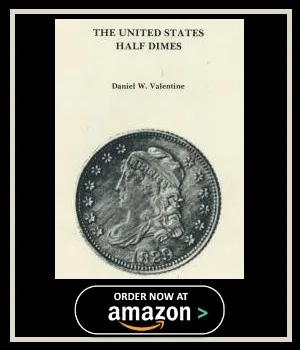
United States Half Dime (Disme)
The Half Dime, launched in 1792, holds a key place in numismatic history. Congress authorized this coin via the Coinage Act. For example, it supported small transactions. Consequently, it shaped early American commerce. In 1792, Congress established the US coinage system. President George Washington signed the act. Therefore, the Mint introduced this coin. As a result, it aided the nation’s young economy.
Design Evolution
Robert Scot designed the early Half Dimes. He crafted Liberty’s portrait for the obverse. For instance, the reverse featured an eagle. Moreover, these designs reflected America’s emerging identity. The obverse shows Liberty with flowing hair. The eagle on the reverse symbolizes strength. As a result, the coin’s artistry stands out. These elements attract collectors today.
Production and Rarity
The Mint produced these coins until 1873. Mintage varied, with some years below 1,000 coins. For example, 1794 issues are rare. Thus, their scarcity boosts their value. Numismatists prize these coins for their history. Rare variants fetch high prices. Furthermore, their designs spark interest. This ensures their status as numismatic treasures.
Collecting Half Dimes
Half Dimes remain a fascinating pursuit for collectors today. Their small size and intricate designs make them distinctive within U.S. coinage. Enthusiasts often seek complete type sets, spanning Flowing Hair, Draped Bust, Capped Bust, and Seated Liberty varieties. Each type reflects a different era in American artistry and history, offering collectors both aesthetic appeal and cultural significance. As grading standards and certification services have advanced, well‑preserved examples of Half Dimes have become prized additions to numismatic collections worldwide.
Legacy and Historical Impact
Beyond their role in commerce, Half Dimes symbolize the resilience of the young United States. They illustrate how the Mint adapted to economic needs while expressing national identity through coinage. Their discontinuation in 1873 marked the transition to the modern nickel, yet Half Dimes continue to embody the spirit of early American innovation. For historians and collectors alike, these coins serve as tangible links to the nation’s formative years, preserving stories of trade, artistry, and progress in miniature form.












 '
' 




